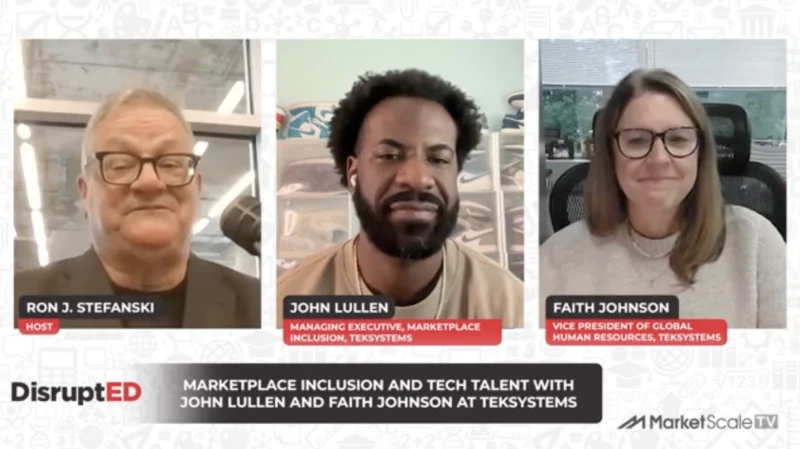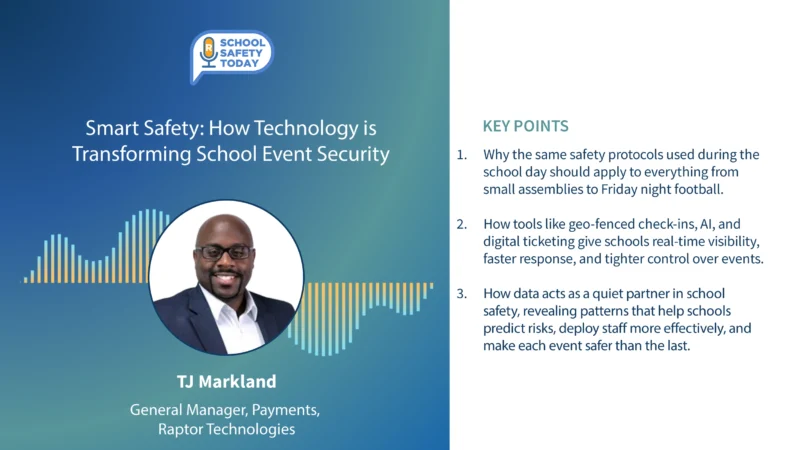Secure Schools Begin with Empowered & Trained Staff
In a recent segment of SecurED, hosted by Mike Matranga, CEO of M6 Global Defense, and featuring Marshall Caplan, Senior Security Consultant at M6 Global Defense, the conversation delves extensively into the vital subject of school security. This engaging discussion centers on the reevaluation of priorities within the realm of school safety and security, with a strong emphasis on the pivotal role of prevention in averting tragic events.
Key Takeaways:
- Prevention Over Reaction: The episode stresses that the heart of effective school security lies in a preventive approach. While acknowledging the role of officers on campus, it argues against making them the top priority. Instead, the focus should be on creating a positive school culture, empowering staff, and implementing a behavioral threat assessment process.
- Balancing Law Enforcement and Education: It explores the delicate balance between the roles of law enforcement officers and educators in school security. While officers are there to enforce the law, educators play a crucial part in improving the school’s culture and climate. Striking this balance is essential for an effective security strategy.
- Community Trust: The episode underscores the significance of community involvement and trust in school security. Building a proactive approach to safety not only enhances security but also fosters loyalty and trust within the community.
Guest Bio:
Marshall Caplan is a Senior Security Consultant at M6 Global Defense, bringing extensive expertise in school security and safety. With a background in behavioral health, he is a recognized authority in preventive approaches to school security.




